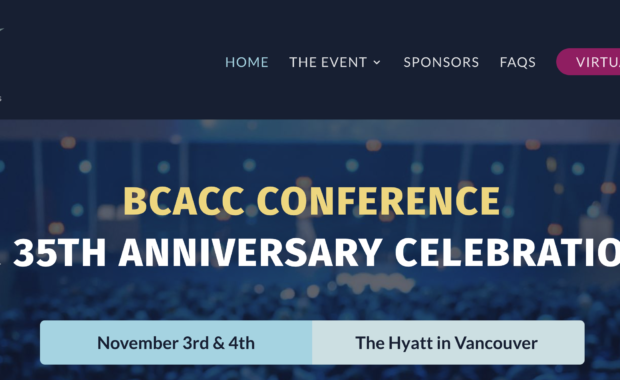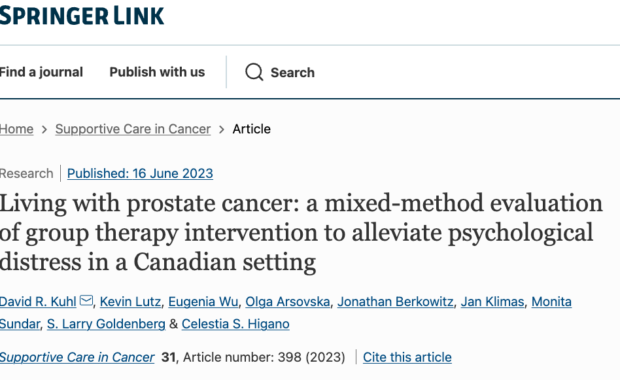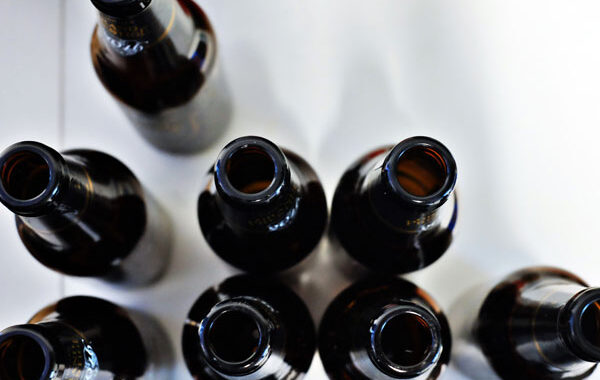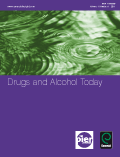Connecting professionals can promote interdisciplinary trauma-focused therapy and return-to-work support for clients with work-related PTSD. This blog
Group therapy alleviates psychological distress in prostate cancer
Emerging evidence that group therapy helps men with prostate cancer.
Male Pain and Alcohol
Pain is a universal experience across people of all genders. How do we know when something hurts inside? It keeps coming back; first, it disrupts,
Updating alcohol Cochrane literature review
Updating Cochrane systematic reviews makes them most useful and fresh for readers. We updated our review on concurrent alcohol and drug problems
Primary care looks at drinking among persons on methadone treatment
How should primary care doctors ask their methadone patients about alcohol use? We worked with 13 primary care doctors and divided them into two
What do persons on methadone in primary care think about alcohol screening?
Enhancing alcohol screening and brief intervention among people receiving opioid agonist treatment: Qualitative study in primary care New Paper Out
XXV Annual Meeting & Canadian Scientific Conference 2015 CSAM – SMCA (#WhatTheFentanyl #abhealth)
What is the future of addiction medicine? What is the future addiction specialist going to look like? Nobody knows what the future is going to look
AMERSA 39th Annual National Conference
November 5th, the national conference of the Association for Medical Education and Research in Addiction - AMERSA 39th - took place in Washington, DC.
How many ways can you float in time and space? Sensory deprivation tank #whywefloat
Psychologists in the ’60-ies experimented with sensory deprivation. Their subjects floated in dark, silent tanks. Today, this relaxing technology is





